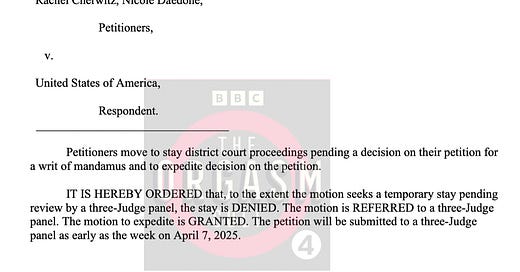Despite fabricated evidence, DOJ sticks with 'orgasm cult' forced labor case
An appellate court recently expedited its consideration of a defense writ petition about prosecutors' use of internal OneTaste documents. Trial is scheduled to begin May 5.
Federal prosecutors in New York recently ended a months-long argument when they admitted that evidence in a criminal case against the founders of a sexual wellness company is fabricated.
But the argument over what should happen to the case still is brewing, and defense attorneys say key information about what happened is wrongly hidden from the public.
U.…




